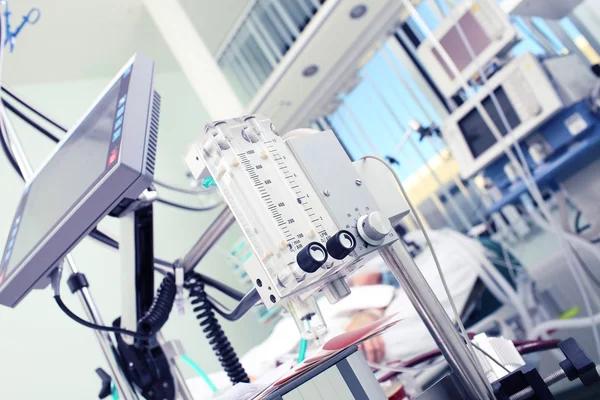Post-hospital recovery is a critical period that requires proper care and the right medical equipment to ensure a smooth and successful healing process. The choice of home medical equipment can significantly impact the patient’s comfort, safety, and overall health outcomes. Therefore, it is essential to make informed decisions when selecting these crucial tools.
One of the primary factors in choosing home medical equipment is the specific needs of the patient. This depends on their condition, age, mobility level, and other individual considerations. For instance, patients recovering from surgery may require hospital beds for better positioning or special mattresses to prevent pressure sores. Those with mobility issues may need wheelchairs or walkers to move around safely.
Another important aspect to consider is ease of use. Medical devices should be user-friendly not only access this resource for more info caregivers who will operate them daily. They should have simple controls and clear instructions to avoid misuse that could potentially harm the patient.
Safety should never be compromised when choosing home medical equipment. Always check if devices meet safety standards set by relevant regulatory bodies before purchasing them. It might be tempting to settle for cheaper alternatives but remember that substandard products may pose serious risks.
The durability of medical equipment also matters because they are typically used over an extended period during recovery or sometimes even longer due to chronic conditions. Investing in high-quality durable items will prove cost-effective in the long run as they won’t need frequent replacements.
Comfort is another factor that shouldn’t be overlooked while selecting home medical devices as discomfort can delay recovery or worsen health conditions further. For example, choose a wheelchair with cushioned seats and adjustable backrests rather than opting for basic models without these features.
Before making any purchase decisions though, consult with healthcare professionals like doctors or physiotherapists who understand your health condition best and can recommend suitable options based on your unique requirements.
Finally yet importantly; consider insurance coverage while buying home medical equipment since many insurance policies cover such expenses. Check with your insurance provider about the extent of coverage to avoid unnecessary out-of-pocket costs.
In conclusion, choosing the right home medical equipment is a crucial step in post-hospital recovery. It involves careful consideration of various factors such as patient needs, ease of use, safety standards, durability, comfort and insurance coverage. Always remember that these devices are meant to aid in recovery and improve quality of life; hence they should be chosen wisely with professional guidance for optimal benefits.






